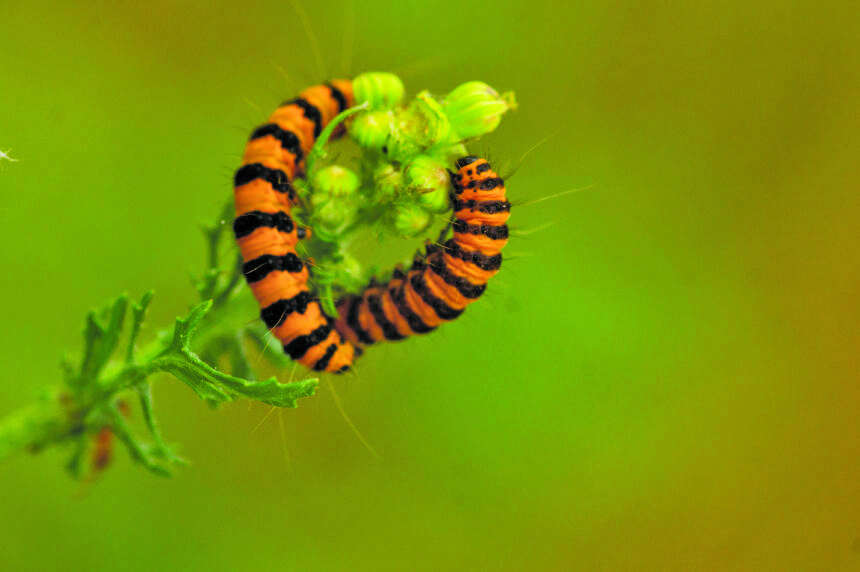Invasive plants like bitou bush may be mounting a coordinated defense against biological control efforts, according to groundbreaking research from UNSW Sydney.
A new study by UNSW Sydney researchers suggests that introducing herbivorous insects or animals to control invasive weeds like bitou bush might be triggering a cooperative response among the plants, allowing them to thrive rather than decline.
Lead author Professor Stephen Bonser from the UNSW School of Biological, Earth & Environmental Sciences says that although invasive species are long studied, the ongoing rise of their impact suggests something is missing from the current approach to controlling their spread.
“I don’t think we’ve been measuring the success of biocontrol agents correctly,” Prof. Bonser says.
He said the way biocontrol works is that it takes specialised enemies of the invader species from their home range and adds them to the invaded range.
“They’re supposed to knock the invasive species back enough so that we can control their population,” he says.
Prickly pear plants are cacti native to the Americas that are now invasive in both natural and rural parts of Australia.
“One of the notable successes of biocontrol so far is a little caterpillar that’s quite effective against prickly pear,” Prof. Bonser said.
“However, we also have dozens and dozens of cases now where we’ve applied a biocontrol, we think it should work, and then it doesn’t seem to.”
He said the bitou bush is a perfect example of this. The plant is a coastal species that grows in dense monocultures, sometimes covering vast areas. The biocontrol agent for this is the caterpillar from the bitou bush tip moth.
Prof. Bonser said the effectiveness of biocontrol agents is currently measured by their impact on individual plants.
“A single caterpillar can knock back the growth of individual plants of the bitou bush quite substantially.”
“However, we’re trying to control populations. While the moths are now well-established biocontrol agents, populations of bitou bush are still spreading like wildfire.”

